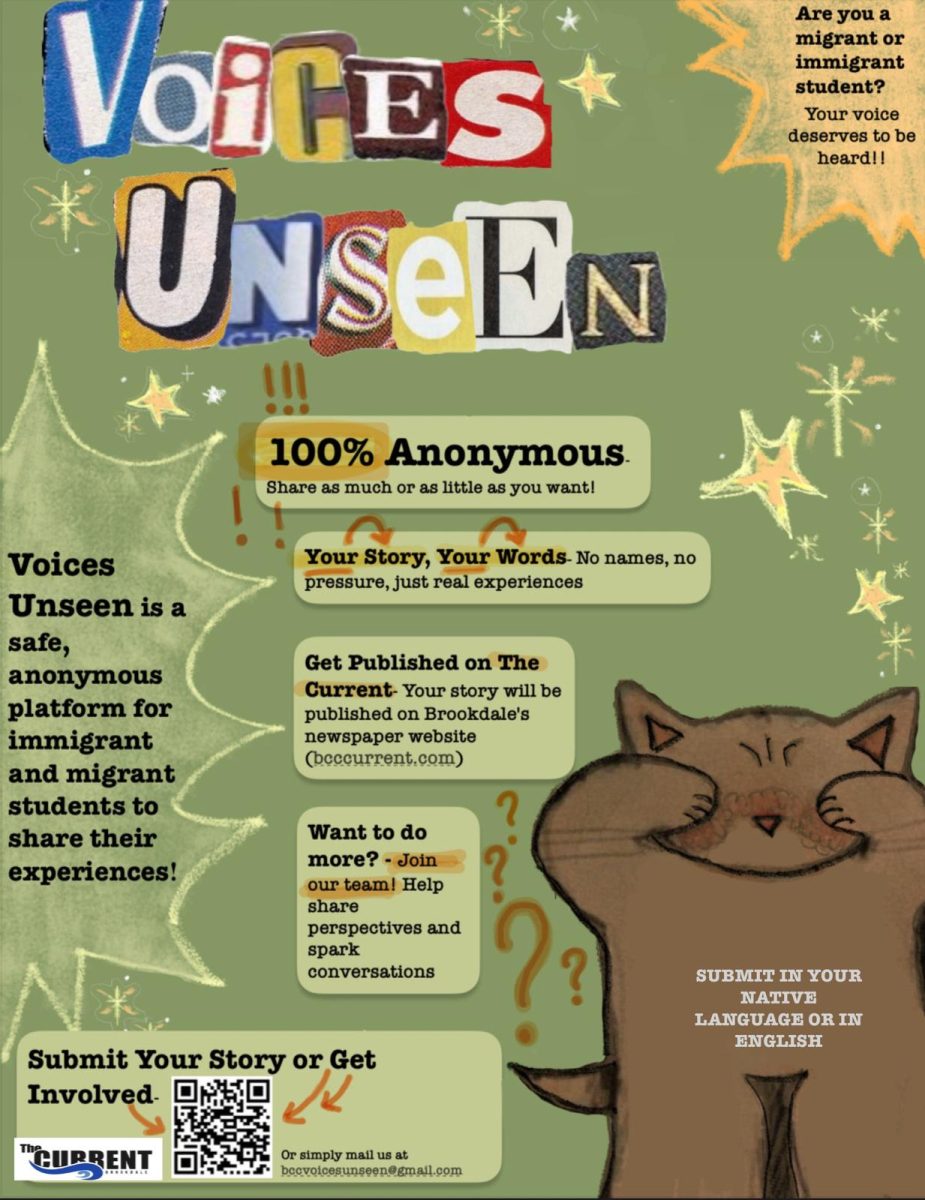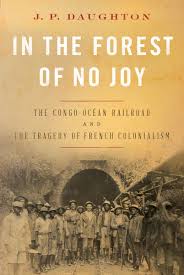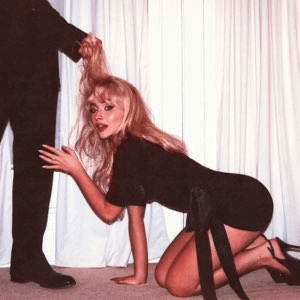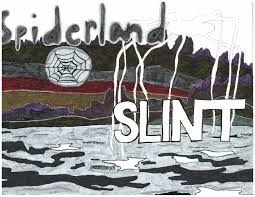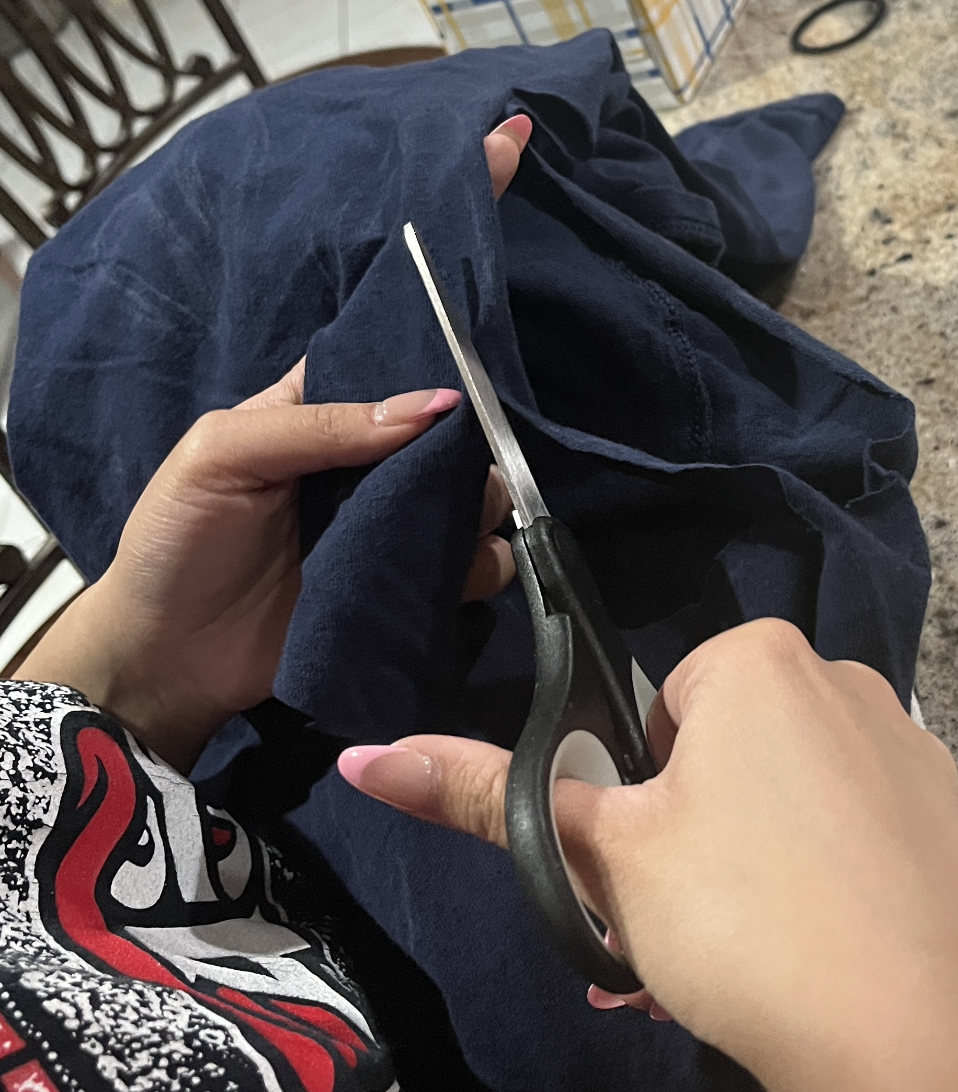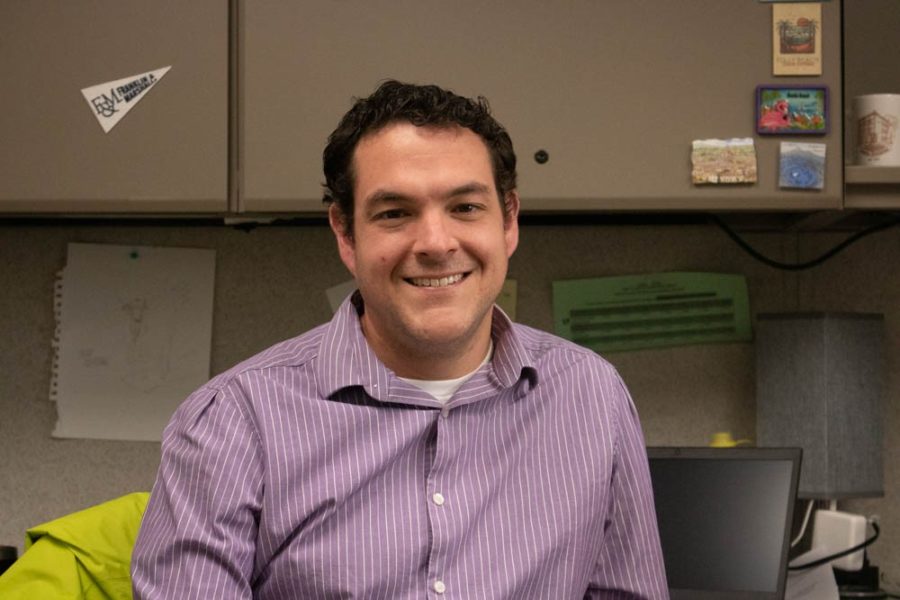Summer Course Has Brookdale Students Digging Up History
February 12, 2023
Anthropology Professor Matthew Kalos believes in hands-on learning. In the summer, Kalos runs a 3-credit class called, Anthropology 216: Archaeology Field School. It’s a 3-day a week, 8-hour, 2-week class of doing and learning archaeology.
Last summer in May during the Summer I semester, the class went to the Cornelius Lowe house. Cornelius Lowe was a prominent merchant who lived along the Raritan River in the 18th century. The oldest artifact they found was a 3- to 5,000-year-old Native American artifact, a Jasper flake. Jasper is a type of stone that was worked into stone tools by Native Americans. A flake is a piece of debris from the process of making the stone tools, Kalos explained.
Kalos describes how finding artifacts with students energizes him, “Students are always proud to show me artifacts that they uncovered. We then end up discussing the object, its use and how it can help us understand the site. It energizes me to view archaeology and the discovery of artifacts through the eyes of students.”
In all, last year’s class found 1,399 artifacts, most of them dating back to 1750-1800s, included in this were pieces of pipes, glass vessels, ceramics, and construction materials, such as nails, Kalos said. He explained that the age of manmade objects can be determined by the technique that was used to create the object. Other artifacts found were food remains, items like bones, oyster shells, and clam shells.
While he doesn’t know when or where exactly they’ll be digging this summer, Kalos encourages students who are interested in the summer field school to reach out to him at [email protected].
Kalos also teaches Cultural Anthropology, Cultures of the World, Intro to Archaeology and Human Geography and is working with Richard Veit, an anthropology professor at Monmouth University, on a book about the history, archeology and anthropology of the American Revolution. Explaining that the book is a compilation of archaeological findings from scholars related to the American Revolution, Kalos said his contribution to the book is the remembrance practices of the war.
Kalos and Veit hope to release the book in 2024 in time for the 250th anniversary of the Declaration of Independence. Kalos mentions that there is a chapter on a powder horn from an African-American soldier. He explained that powder horns were something individuals decorated and were made personal to the owner “like stickers on a laptop.”
He describes his writing process as mentally preparing himself days before by making goals and then setting aside a day to write. He takes time to think about what and how he’s going to write and then shuts himself in and writes.
Kalos describes how he got into archeaology: “I have always been interested in history. When I went to college, I ended up taking Introduction to Archaeology in my first semester. The course triggered my enthusiasm; I learned that I could use material culture to better understand past cultures.”
“What really ‘sealed-the-deal’ for me was when I did my archaeological field school in the summer between my junior and senior years of undergrad. I traveled to Ecuador where I worked on 15th-century Inca fortresses. Needless to say, I was hooked.”
Kalos is 36 and grew up in Cheltenham, Pennsylvania and is an alumnus of Franklin and Marshall College. He earned his doctorate at Temple University.








